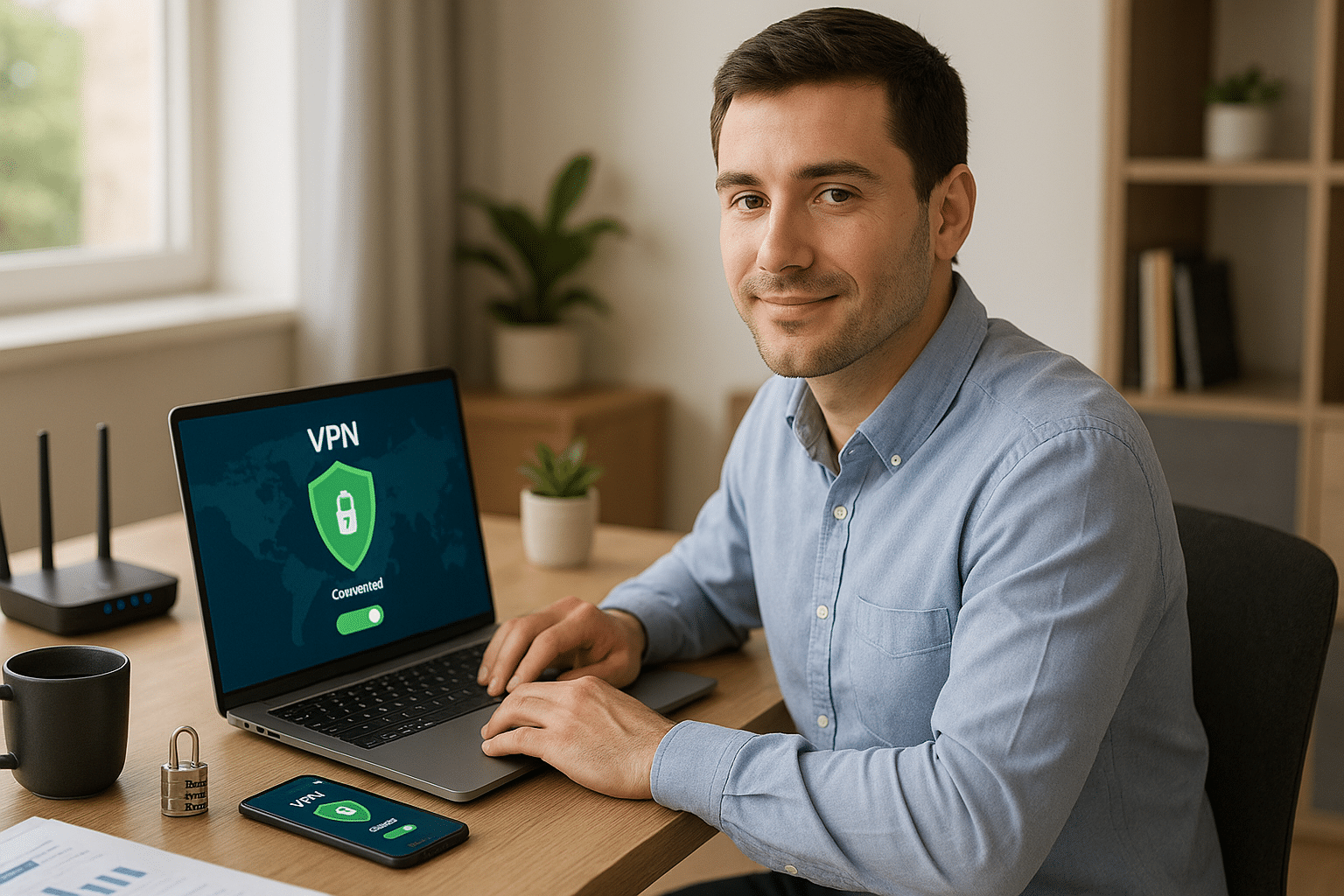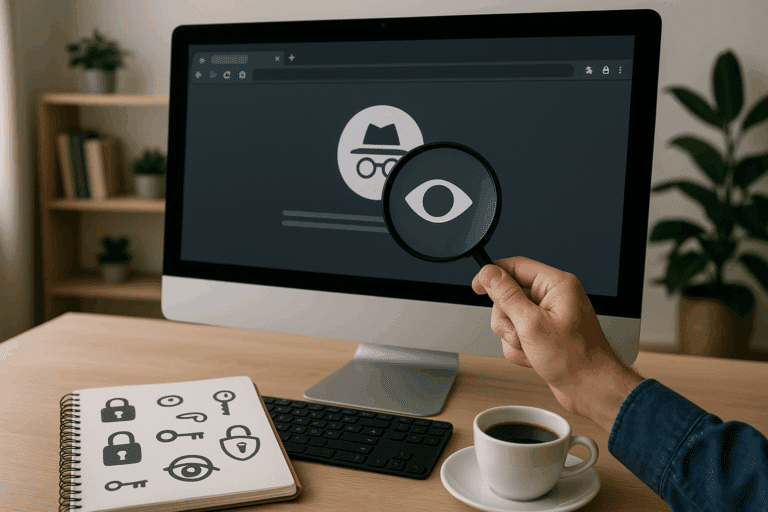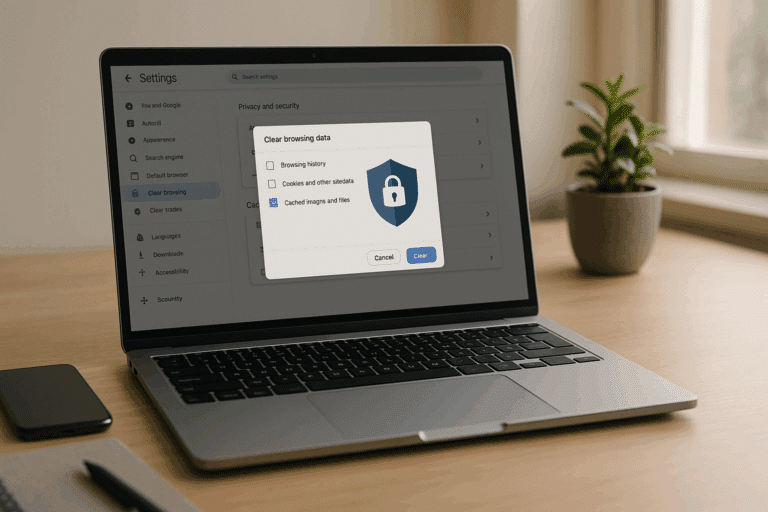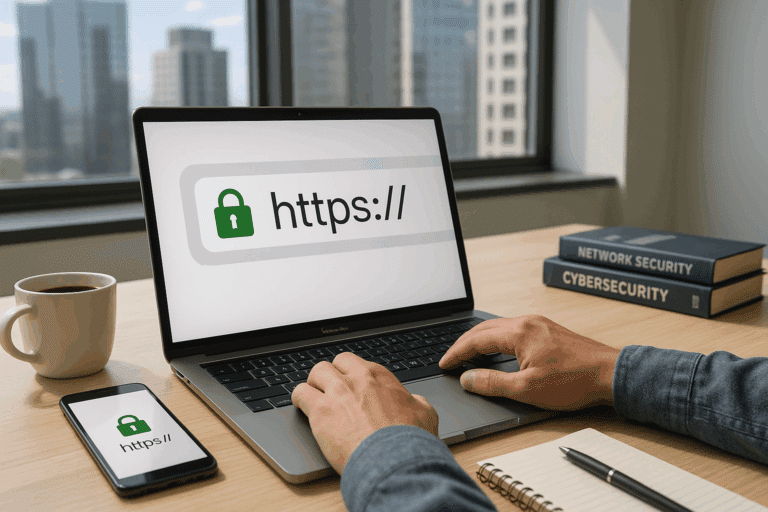The opportunities provided by the internet are countless, but so are the security threats that lurk beneath its surface. Enter the realm of Virtual Private Networks (VPN).💻
While VPNs have gained significant traction over the past few years, their full potential remains somewhat underutilized, especially for ordinary netizens who perceive them as tools exclusive to tech geeks or mega-corporations. This misconception couldn’t be further from the truth.👨💻
In this comprehensive guide, we will dissect the world of VPNs, illuminating their importance in our contemporary online ecosystem. We will delve into the nitty-gritty of how VPNs operate, discuss their numerous advantages, and demonstrate how to deploy them effectively to protect your digital existence. In essence, consider this your roadmap to safely surfing the web.🗺️
Let’s embark on this journey, beginning with a clear and succinct definition of a VPN. At its core, a VPN is a secure tunnel between your device and the internet. This tunnel encrypts all data passing through it, protecting your online activities from prying eyes and ensuring your digital privacy. But VPNs offer more than just a shield for your data; they are key enablers of a free and open internet, providing unfettered access to online resources worldwide.🌐
Before diving into the technical details of how VPNs work, it’s crucial to grasp the various security threats that they combat. From intrusive surveillance by governments and corporations to malicious cyber-attacks like hacking and identity theft, the digital landscape is a battlefield, and VPNs are your best armor.🛡️
In the subsequent sections of this guide, we will outline the mechanics of a VPN, from data encryption and IP address masking to secure server connections. We will shed light on the role of VPN protocols and the importance of choosing the right one. This knowledge will equip you with the understanding needed to make informed decisions when selecting a VPN service.🔐
Once we’ve navigated through the technical terrain, we’ll move onto practical applications. You’ll learn how to use a VPN for secure browsing, streaming geo-restricted content, safe online banking, and maintaining privacy while using public Wi-Fi. We will also address common misconceptions and debunk myths surrounding VPNs, thus empowering you with the confidence to incorporate these powerful tools into your daily online activities.📱
In this era of heightened digital threats, online security is no longer a luxury—it’s a necessity. And VPNs play a crucial role in enhancing this security. So gear up, dear reader, for an enlightening journey into the world of VPNs. By the end of this guide, we hope to have transformed your perception of VPNs from optional extras to indispensable tools in your online toolkit. Let’s secure your online world together!🔒
Understanding the World of Virtual Private Networks (VPNs)
Everyday, billions of bytes of data flow through the vast networks of the internet. This data, as it travels, is vulnerable to attacks, breaches and interceptions. As our reliance on the web grows, the security of our online activities becomes increasingly crucial. That’s where Virtual Private Networks, or VPNs, come into play.
VPNs are a security measure that creates a virtual, encrypted tunnel for your data to travel through, safeguarding it from outside interference. Essentially, a VPN transforms your data into an undecipherable format until it reaches its destination. It’s akin to sending a sealed, unmarked envelope through the mail – even if someone manages to intercept the envelope, they would not be able to understand its contents. A VPN’s primary function is to ensure the confidentiality, integrity, and availability of your data.
Still confused? Don’t worry, even the most complex concepts can be simplified. For a quick and easy understanding of how VPNs work, you can watch this video: “VPN Explained: How It Works” by Techquickie on YouTube.
Choosing the Right VPN Service: Factors to Consider
Not all VPNs are created equal. There are numerous factors to consider when choosing a VPN service that suits your needs. Some of these factors include security features, speed, number of servers, and user-friendliness. Moreover, it is essential to read the fine print regarding logging policies. Some VPNs claim to offer “no-log” services, but in reality, they might be collecting minimal data.
Another factor to consider is the VPN’s jurisdiction. The country where the VPN company is located could have laws requiring them to retain user data. If the company is in a ‘Fourteen Eyes’ country (countries that have agreed to share intelligence), this might not be ideal for privacy-conscious users. But don’t worry, there are plenty of reliable VPNs based in privacy-friendly countries.
Let’s compare some of the popular VPN services in the table below:
| VPN Service | Security Features | Speed | Number of Servers | Jurisdiction |
|---|---|---|---|---|
| ExpressVPN | AES-256 encryption, Kill Switch, DNS Leak Protection | Fast | 3,000+ | British Virgin Islands |
| NordVPN | AES-256 encryption, Double VPN, CyberSec | Very Fast | 5,400+ | Panama |
| CyberGhost | AES-256 encryption, Ad blocking, NoSpy servers | Fast | 6,800+ | Romania |
Setting Up a VPN: A Step-by-Step Guide
Setting up a VPN can seem daunting, but it’s actually a straightforward process. Once you’ve chosen a VPN service, you’ll usually need to download and install their application on your device. You’ll then need to connect to a server – some VPNs will automatically select the best server for you, or you can manually choose one. Once connected, your online activities are now secure.
For a detailed walkthrough on setting up a VPN, consider watching “How to Setup a VPN on a Computer in 2020!” by VPNMentor on YouTube. It provides an excellent step-by-step guide, showing you how easy it is to secure your online activities with a VPN.
Remember, while a VPN significantly enhances your online security, it’s not a magic shield. You should still be cautious when handling sensitive data online. A VPN can protect your data in transit, but it can’t protect you from phishing attacks, malware, or risky online behaviors. Always remember: Your online security is in your hands. 👐
Enjoying the Benefits of Using a VPN
Beyond security, a VPN offers several other benefits. For instance, it allows you to bypass geo-restrictions. Some websites or services restrict their content based on the user’s location. With a VPN, you can appear to be browsing from another country, granting you access to region-locked content.
Moreover, a VPN can prevent bandwidth throttling. Some internet service providers (ISPs) slow down your internet speed when you’re consuming a lot of bandwidth, like when you’re streaming or gaming. Since a VPN encrypts your data, your ISP can’t see what you’re doing online, preventing them from throttling your internet speed.
Lastly, a VPN allows you to use public Wi-Fi networks safely. Public Wi-Fi networks are often unsecured and can be hotspots for cybercriminals. By using a VPN, you can encrypt your data, making it safe from prying eyes.
Take Control of Your Online Privacy Today
As we spend more time online, securing our digital lives becomes increasingly critical. Using a VPN is a significant step towards protecting your online privacy and enjoying a safer, more open internet.
If you haven’t yet, consider subscribing to a VPN service today. Remember, the most expensive VPN isn’t necessarily the best. Consider your needs, do your research, and choose a VPN that fits your requirements and budget.
Remember, your online privacy is worth protecting. Don’t wait until it’s too late. Start securing your digital world with a VPN today. 🌐

Conclusion
In conclusion, we’ve taken a journey through the complex and fascinating world of software engineering and Information Technology (IT). By peeling back the layers of technical jargon and complex systems, we’ve been able to shed light on the intricacies of these fields.
We began by discussing the fundamental building blocks of software engineering. Concepts such as programming languages, algorithms, data structures, and object-oriented programming were examined. These concepts form the basis of software development and provide the foundation upon which more complex applications are built.
Next, we moved on to the discussion of various software development methodologies. From Waterfall to Agile, Scrum to Kanban, each methodology offers unique advantages and disadvantages, providing a range of options for project management. Understanding these methodologies is key to delivering successful software projects.
In the realm of IT, we delved into the complexities of network systems, exploring topics like LAN, WAN, VPN, and firewall configurations. As we saw, maintaining a secure and efficient network is paramount in today’s digital age.
We also looked at the world of data, considering databases and Big Data. We examined how data is structured, stored, and manipulated, highlighting the importance of efficient data management in delivering value to businesses.
Each of these topics carries significant weight in the fields of software engineering and IT. They are the threads that weave together to form the fabric of our digital world. By understanding these topics, we’re not only better equipped to navigate this world but also to shape it.
As you reflect on these insights, I encourage you to continue exploring these fields. There’s always more to learn, more to understand. And the more we understand, the better equipped we are to solve the complex problems that arise in our digital world.
Feel free to share this article with your friends, colleagues, or anyone who might find it beneficial. Also, I welcome your thoughts, comments, or questions on these topics. Your insights could help others to understand these concepts better.
I’d also like to point you towards some excellent resources for further learning. Check out [MIT’s OpenCourseWare](https://ocw.mit.edu/index.htm) for a wealth of free educational content on a wide range of tech topics. [Codecademy](https://www.codecademy.com/) and [Coursera](https://www.coursera.org/) are also great platforms to further your understanding in software engineering and IT.
Remember, in a field that evolves as rapidly as ours, continuous learning is not just an advantage – it’s a necessity. And as Isaac Newton famously said, “What we know is a drop; what we don’t know is an ocean.” So let’s keep exploring, learning, and pushing the boundaries of what’s possible in our digital world. 🚀🌍💻
References:
[1] [MIT OpenCourseWare](https://ocw.mit.edu/index.htm)
[2] [Codecademy](https://www.codecademy.com/)
[3] [Coursera](https://www.coursera.org/)
[&url=
[Tags




What are your thoughts on these topics? Share in the comments below! 👇